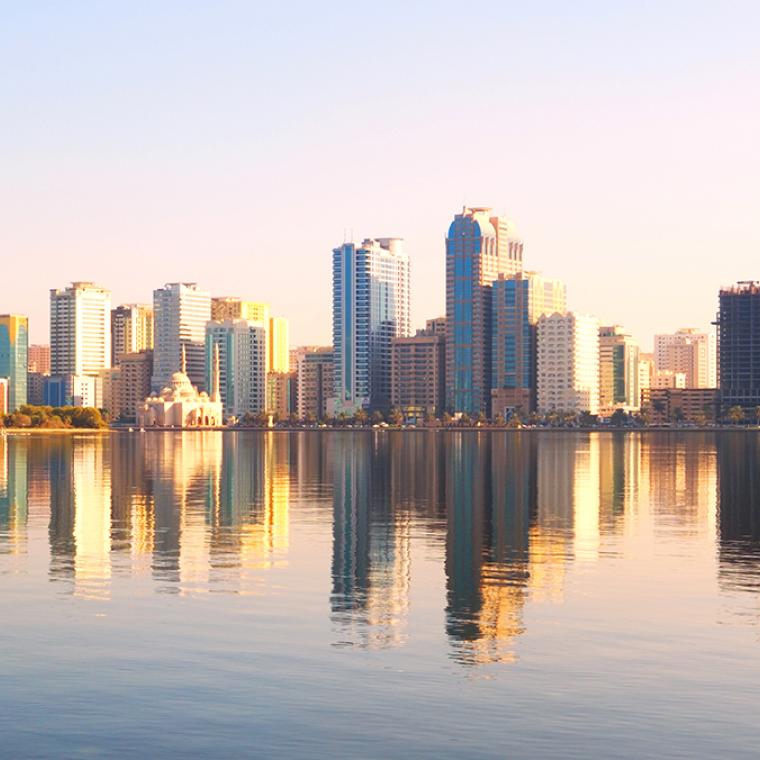
The Middle East has long been associated with ultra-high net worth (UHNW) individuals, and that population is set to surge by 24.6% in the next five years, with Saudi Arabia poised to become home to 72 billionaires and the United Arab Emirates home to 42, according to the WealthX Billionaire Census.
This expanding wealthy population presents a significant opportunity for overseas fund managers to access capital in the Gulf and build a presence in the region.
On February 23, a panel sat down to answer key questions about new capital-raising solutions in the Middle East and discuss how Shariah-compliant feeder structures can be a relatively straightforward and inexpensive way for US managers to attract capital into their existing funds.
Panel members:
- Marc van Rijckevorsel, Head of Business Development for Funds, Americas, Ocorian
- Lynda O’Mahoney, Global Head of Business Development, Middle East
- Barry Cosgrave, Partner, London and Dubai, Mayer Brown.
What is driving the interest in fundraising from US asset managers in the Middle East?
Marc: The capital influx into the Middle East in the past 12 – 18 months has been very high, in part because of high oil and gas prices. As investors want this capital to be deployed, but which cannot easily be absorbed into the domestic economy, investors are looking globally in other jurisdictions.
At the same time overseas fund managers, particularly those in the US, are having a more difficult time raising capital in their own markets, making the Middle East an excellent alternative opportunity.
How can US asset managers access investors from the Middle East?
Lynda: While sovereign wealth funds are seen as the ultimate sources of capital in the Middle East, family offices present a more attractive market, particularly where they are influenced by the next generation of investors who are seeking to diversify their portfolios out of domestic markets and conventional asset classes.
Increasingly, the management of family offices in the Middle East include the next generation who have been educated overseas and worked abroad, mostly in the US, before returning to take up senior positions in the family businesses. They are more likely to be open to diversification and to more non-traditional investment strategies including impact and sustainable investing.
This generation of investors has high expectations for financial reporting, transparency, service levels and corporate governance, which is very beneficial for established asset managers.
Barry: That’s right. Family offices have grown in sophistication as they look to secure the wealth for the future and provide for generations to come. They are seeking more access to diversified assets and sophisticated fund and investment managers.
Until recently, it has been challenging for fund managers to do business in the Middle East unless their funds are compliant with Shariah law, which precludes investments that are not haram and excludes companies with high levels of borrowing.
How can US asset managers easily set up structures that comply with Shariah principles to access capital in the Middle East?
Barry: The traditional way is to set up a fully Shariah-compliant fund, but new investment (feeder) structures are helping fund managers to overcome these barriers.
There's been an enormous uptick in deal flow into the Middle East over the past five years, which continues to accelerate as family offices are able to find funds that comply with Shariah law.
Fund managers used to have to do a lot of work to set up a Shariah-compliant fund, but there is an alternative.
A Sharia-compliant feeder structure takes away the need for fund managers to change their conventional fund documentation, reducing the need to change all their documentation which has taken years to put in place.
What are Shariah-compliant feeder structures?
Barry: Put simply, Shariah-compliant feeder structures are where we bolt on a structure to the existing fund that allows fund income to be converted into Shariah-compliant income for those investors. Essentially, we interpose two SPVs between the fund and the ultimate Shariah investor. So, the limited partner in your fund is an SPV that is set up in an offshore jurisdiction and they enter what is known as a Murabaha arrangement. The ultimate investor invests into the second SPV.
The benefits are that it is a relatively inexpensive structure to operate and maintain. It has now become a very well-accepted structure within the Islamic finance markets and multiple Islamic scholars have signed off on these structures which makes their implementation seamless.
There are some limitations to the feeder structure as they cannot accept asset classes which Shariah-compliant investors cannot invest in, such as a conventional hedge fund or a conventional credit fund because any underlying interest-bearing or speculative investments are generally prohibited by Shariah law. That being said, if the underlying credit fund, for example, can have any debt instruments structured in a shariah-compliant manner then such investments may be possible.
However, if the fund manager can be flexible in terms of the structure it uses for its financing transactions, we can make it work for a Shariah-compliant investor.
The Shariah-compliant investment guidelines that need to be put in place restrict investments into certain asset classes such as arms manufacture tobacco, alcohol, and adult entertainment, but those asset classes tend to be prohibited anyway, for most fund managers.
There is also the option to structure as a co-investment or structures that bring in investors into a commingled fund, whereby the Shariah-compliant investor is alongside all your conventional investors.
How do you maintain Shariah-compliant feeder structures?
Marc: Fund managers looking to work with a Shariah-compliant feeder fund might be put off by the perceived administrative back-office burden, or the lack of knowledge around maintaining a Shariah-compliant structure, but this can be outsourced to a third party.
That is where a firm like Ocorian can come in. We have a dedicated Islamic Finance team of 35 that are focused solely on Islamic finance, both on Shariah complaint investment funds and structures and feeder structures. We can take on all the work to set up the structure, and the ongoing maintenance and management of that function. Fund managers do not need to worry about the back-office administration as we take care of the full process. And the fees and costs for this structure will not be borne by the fund, they will be paid by the investors.
What are the next steps for US managers wishing to raise capital from the Middle East?
Barry: There is a wealth of opportunities for US managers to fundraise in the Middle East and accessing Shariah-compliant investors is not as complex a process as people fear it is. There is a well-trodden path of creating a fully compliant fund or introducing a Shariah-compliant feeder structure which is a simpler and quicker process. We are already seeing an increasing interest of established fund managers raising capital in the Middle East and setting up Shariah-compliant feeder structures.
For more information on setting up Shariah-compliant investment funds and feeder structures, please contact Barry Cosgrave at Mayer Brown or Marc van Rijckevorsel at Ocorian.
Watch the webinar Bridging the Gulf: New capital raising solutions for raising money in the Middle East.


